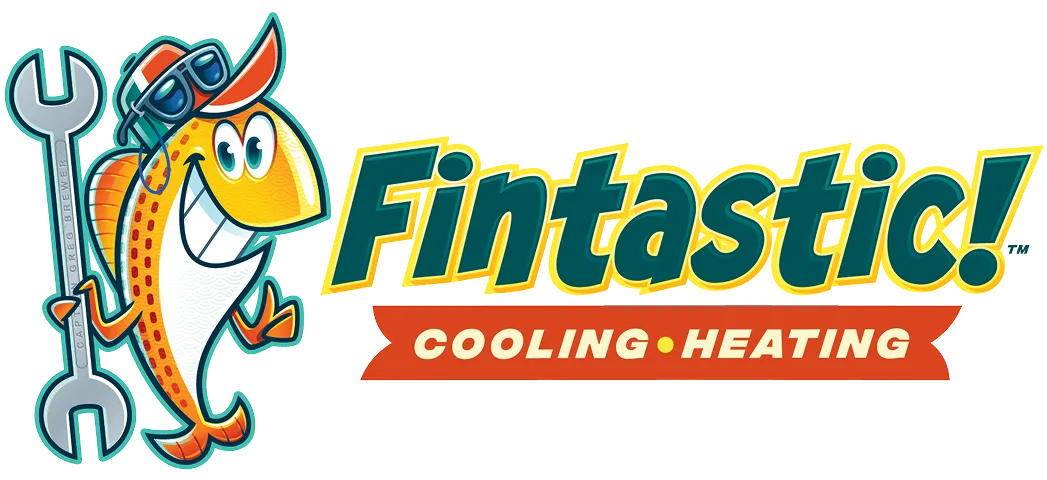Air Filtration in Piney Point Village, TX
Air Filtration in Piney Point Village, TX
Clean indoor air is essential for comfort and health in Piney Point Village, TX. With hot, humid summers, seasonal pollen spikes, and occasional smoke from regional fires, homeowners and light-commercial property managers need reliable air filtration that works with local HVAC systems.

Why air filtration matters in Piney Point Village, TX
Piney Point Village sits in the greater Houston area where humidity promotes mold growth, spring and fall bring high pollen counts, and urban-industrial pollutants can affect indoor air quality. Heavy HVAC use during long cooling seasons circulates particulates and allergens if filtration is inadequate. Upgrading or adding filtration reduces allergy symptoms, lowers dust buildup, and improves overall indoor comfort and system efficiency when done properly.
Common air filtration needs and issues in Piney Point Village, TX
- Increased seasonal allergies from oak, cedar, and grass pollen.
- Mold spores and musty odors due to high humidity and occasional moisture intrusion.
- Fine particulate matter and smoke infiltration during regional wildfire events or nearby construction.
- Older homes and light-commercial buildings with dated ductwork or undersized HVAC blowers that cannot handle high-resistance filters.
- Need for odor and VOC reduction in kitchens, small businesses, and light-commercial spaces.
Residential and light-commercial air filtration options
Residential and light-commercial spaces require different approaches depending on occupancy, indoor activities, and HVAC capacity. Typical options include:
- Whole-home HVAC filters that fit in the existing return plenum or filter rack.
- Duct-mounted electronic air cleaners and UV systems for microbial control.
- Portable HEPA air purifiers for rooms, offices, and spaces where targeted filtration is needed.
- In-duct media filters and pleated filters that offer higher dust-holding capacity.
- Activated carbon or carbon blend filters for odors and volatile organic compounds.
Filter types and ratings explained
Understanding filter media and ratings helps match performance to needs.
- HEPA (High Efficiency Particulate Air)
- Captures 99.97% of particles 0.3 microns and larger.
- Best for allergy and asthma control, effective in portable purifiers and some standalone whole-house units.
- Typically used as room purifiers or in systems specifically designed for HEPA’s airflow resistance.
- MERV (Minimum Efficiency Reporting Value)
- Rating scale that ranges from low single digits to higher ratings like MERV 13-16.
- MERV 8-11: basic to moderate filtration for dust, pollen, and larger particles.
- MERV 13-16: captures finer particles including smoke and many bacteria-sized aerosols; common recommendation for enhanced residential filtration when HVAC blowers can handle it.
- Higher MERV ratings increase airflow resistance; professional assessment is important.
- Activated carbon
- Adsorbs odors, smoke, and many VOCs.
- Often used in combination with particulate filters or in portable units for targeted odor control.
- Electronic and UV systems
- Electronic precipitators can reduce fine particles without high pressure drop, but require cleaning and can generate ozone if not designed correctly.
- UV lamps limit microbial growth on coils and in ducts but do not remove particles by themselves.
Installation and retrofit options
- Simple swap
- Replace existing disposable filters with higher-MERV pleated filters if the HVAC blower and filter slot can accommodate them.
- Media and extended-surface filters
- Installed in larger filter housings or retrofit compartments to increase dust-holding capacity without frequent changes.
- Duct-mounted purifiers and in-duct HEPA
- Require professional sizing and integration so airflow and static pressure remain within manufacturer limits.
- Portable room units
- Ideal for bedrooms, nurseries, small offices, and areas where whole-system upgrades are impractical. Use certified HEPA units sized to the room.
- Supplemental solutions
- UV germicidal lights at the coil and drain pan, and activated carbon stages for kitchens or spaces with smells or VOCs.
Professional assessment is recommended when upgrading filtration in older systems or multi-zone light-commercial buildings to avoid reduced airflow, short cycling, or increased energy use.
Maintenance schedules and filter replacement guidance
Keeping filters changed and systems maintained preserves performance and indoor air quality.
- Standard pleated MERV filters: check every 1 to 3 months; replace every 3 months or sooner in high-dust conditions.
- High-efficiency MERV 13+ filters: monitor monthly after installation; replace according to pressure drop or manufacturer guidance to avoid stress on the blower.
- HEPA filters in portable units: replace according to hours of operation or indicated capacity; prefilters should be cleaned or swapped regularly.
- Activated carbon filters: replacement depends on odor load; often changed every 3 to 6 months in occupied spaces.
- Electronic or washable filters: clean per manufacturer schedule and inspect for corona wire or collector plates needing service.
- Duct and coil inspections: annual HVAC tune-up that includes coil cleaning and leakage check helps filtration work efficiently.
Use visual checks and pressure-drop readings where available. In humid climates like Piney Point Village, inspect for mold or moisture on filter media and address moisture sources immediately.
Health and allergy benefits
Upgrading filtration reduces exposure to the common triggers found in Piney Point Village homes and light-commercial properties:
- Less pollen and dust means fewer allergy flare-ups and reduced asthma triggers.
- HEPA and high-MERV filtration capture finer particles including smoke and many airborne bacteria-sized particles.
- Activated carbon reduces odors and some VOCs from cleaning products, paints, and cooking.
- Cleaner air reduces cleaning frequency, dust on surfaces, and the burden on HVAC coils, improving comfort and longevity.
Pricing and financing options
While system costs vary by product type and building size, several common financing and payment models help make filtration upgrades accessible:
- Equipment financing or HVAC project financing through lenders to spread payment over time.
- Subscription services for filter replacement delivery on a set schedule to simplify ongoing maintenance.
- Maintenance plans that bundle inspections, cleaning, and filter replacement into a recurring service fee.
- Manufacturer or retailer financing for high-efficiency whole-home purifiers or in-duct HEPA modules.
Selecting a plan depends on budget preferences and whether ongoing professional maintenance is desired.
Long-term value and practical tips
Well-chosen filtration upgrades preserve indoor comfort, protect occupants, and can extend HVAC life by keeping coils cleaner. For Piney Point Village properties, prioritize moisture control along with filtration to limit mold recurrence. Balance filtration efficiency with HVAC compatibility to avoid performance penalties. Regular maintenance and attention to filters and drains are simple steps that yield measurable health and efficiency benefits over time.
If you are assessing a residential or light-commercial property in Piney Point Village, TX, consider a professional evaluation to match the right filter type and installation approach to your HVAC system and indoor air goals.
Customer Testimonials
Our customers praise our exceptional service and attention to detail, consistently exceeding expectations.































































